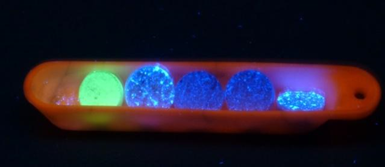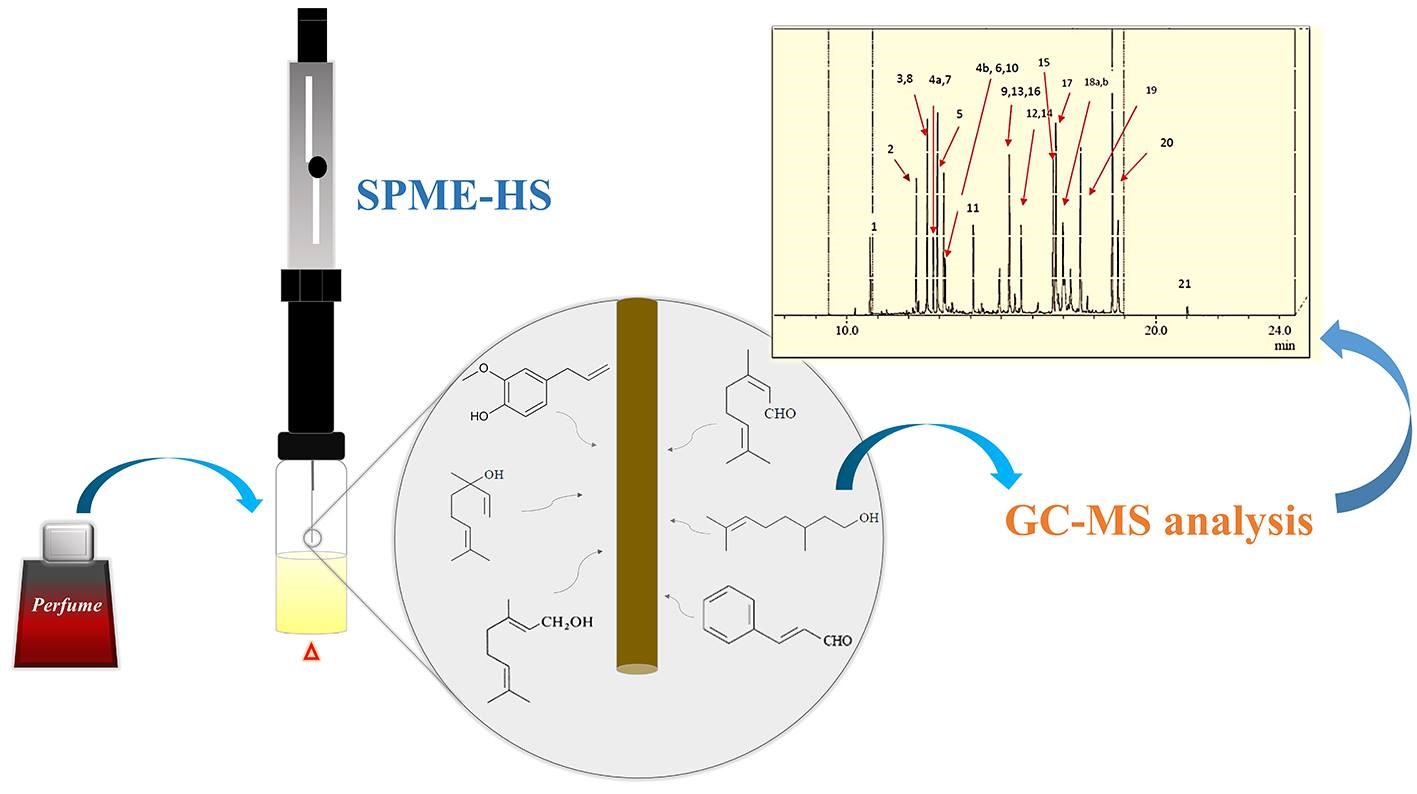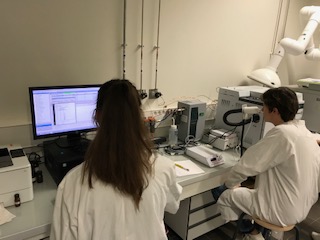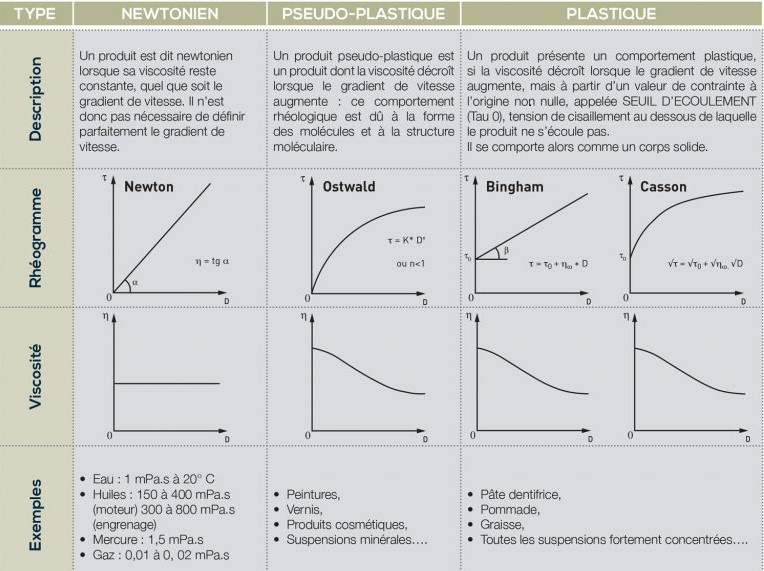ECTS
120 credits
Duration
2 years
Training structure
Faculty of Science
Language(s) of instruction
French
Presentation
The Cosmetics Engineering program aims to train future engineers specializing in scientific fields relevant to research and development in the cosmetics and wellness industries.
Graduates join companies in France andabroad to fill management positions in the main sectors of these industries. These include roles such as R&D manager, project manager, business development manager, evaluation manager, regulatory affairs manager, purchasing manager, quality control manager, production manager, project leader, etc.
Graduates can pursue a career in entrepreneurship.
The structure of the Cosmetics Engineering program provides scientific training that allows students to continue their studies toward a doctorate.
A high-level and unique program, the Cosmetics Engineering course offers students who wish to do so a double degree in "Technology and Science Management" (MTS), which is part of the "Information Systems Management" (MSI) program at the Montpellier Institute of Business Administration (IAE) at the University of Montpellier.
The program is offered as initial training with a 5- to 6-month internship per year, but also as a work-study program. Recruitment is subject to selection.
The courses are taught by academics and professionals from the relevant industries. The program is based on strong partnerships with numerous players in the cosmetics industry for teaching, internships, and jobs, and is a member of cosmetics industry associations.
100%
Success rate
Objectives
The Cosmetics Engineering program trains chemists specializing in scientific fields relevant to research and R&D in the cosmetics and wellness industries.
This comprehensive, high-level program also offers some students the opportunity to obtain a double degree in "Technology and Systems Management" as part of the "Information Systems Management" program at the IAE business school of the University of Montpellier.
The Cosmetics Engineering program allows for seamless integration into the job market as an executive in the relevant industries and opens up opportunities for entrepreneurship.
Know-how and skills
The value of their education is linked to the skills acquired by students over the course of four semesters. These skills are taught by university and industry lecturers and thanks to strong links with national and international industry.
In M1S1, a solid foundation in chemistry is complemented by specialized multidisciplinary training that is essential for a career in the cosmetics and wellness industries. Students also work on a cross-disciplinary project that puts their acquired skills into practice.
The second semester emphasizes this specialization, which is then reinforced in S3 and becomes comprehensive in S4. The implementation of skills through projects is consolidated.
Throughout the program, students are exposed to industrial project management. Thanks to this comprehensive training, students acquire the skills necessary for seamless integration into their chosen industrial environment.
The Cosmetics Engineering program is offered as a dual degree in "Technology and Systems Management" with the IAE for students who have chosen this option (upon selection).
The skills taught correspond to the management positions offered in the main sectors of these industries. These include positions such as R&D manager, development engineer, forecasting engineer, evaluation engineer, regulatory affairs and certification engineer, quality control engineer, project manager, purchasing manager, production manager, research manager, etc.
Graduates can pursue a career in entrepreneurship.
Organization
Open alternately
This course is available on a work-study basis.
Internships, supervised projects
Internship | Mandatory |
|---|
During initial training, two internships are mandatory: one in M1 and one in M2. Both internships are long-term (5-6 months) and take place during the second semester.
The team responsible for training is extremely vigilant about the quality of these internships, ensuring that interns are offered a genuine professional project, which will be the subject of a written report and an oral presentation.
Professional projects are an integral part of the program, starting in the first year of the Master's degree. These projects cover the main areas of R&D in the cosmetics industry and are led by industry professionals, in collaboration with teacher-researchers from the teaching team.
Program
This program is organized on a semester basis, with each semester representing 30 ECTS credits (a total of four semesters of 30 ECTS credits each for 120 European credits).
The program lasts two years, and most students join in the first year after completing a bachelor's degree. It is possible to join the program directly in the second year, subject to certain prerequisites.
The course is offered as initial training but also as a work-study program (apprenticeship and professional training contract).
Initial training: classes from September to February, followed by a 5/6-month internship.
Work-study program: alternating periods of 1 to 2 months in training or in a company from September to February, followed by immersion in a company from early February to late August approximately.
The program is also open to continuing education and the validation of prior learning.
Students who have chosen the dual Master's degree in Chemistry, Cosmetics Engineering track/Master's degree in Technology and Systems Management follow a block of specific course units at the IAE (University of Montpellier) as well as the courses of the Master's degree in Chemistry, Cosmetics Engineering track.
A schedule adjustment for the first semester and/or early second semester is proposed.
Select a program
M1 - Cosmetics Engineering (ICAP P1)
Pigments, dyes, and adsorbents: Structures and characteristics
2 creditsMicrobiology
2 creditsCosmetic raw materials
4 creditsPhysics of color
2 creditsCosmetic formulation engineering
4 creditsSolutions, colloids, interfaces
2 creditsRegulatory affairs
2 creditsChemometrics, statistical data analysis, experimental design
2 creditsSeparation techniques
2 creditsProfessional projects – project monitoring
8 credits
Cosmetic R&D
4 creditsInnovative synthesis and extraction processes
2 credits4- to 6-month industrial internship
18 creditsCommunication and professional integration
2 creditsEconomic intelligence and creation
4 credits
M2 - Cosmetics Engineering (ICAP P1)
Design of experiments
2 creditsEvaluations and statistics applied to sensory analysis
2 creditsCosmetic technology
2 creditsDermocosmetics
2 creditsNatural active ingredients and additives
4 creditsEco-design in cosmetics
4 creditsColor formulation
2 creditsRegulatory affairs, assessments, and quality management
4 creditsAdvanced English
2 creditsSun protection
4 creditsBusiness strategies
2 credits
Cosmetic engineering and innovation
4 creditsIndustrial setting for non-apprentices
4 creditsProspective
2 credits20h5-6 month industrial internship
20 credits
M1-Cosmetics Engineering ICAP P1 - APPRENTICESHIP
Pigments, dyes, and adsorbents: Structures and characteristics
2 creditsMicrobiology
2 creditsCosmetic raw materials
4 creditsPhysics of color
2 creditsCosmetic formulation engineering
4 creditsSolutions, colloids, interfaces
2 creditsRegulatory affairs
2 creditsChemometrics, statistical data analysis, experimental design
2 creditsSeparation techniques
2 creditsProfessional projects – monitoring apprentice projects
8 credits
Cosmetic R&D
4 creditsInnovative synthesis and extraction processes
2 creditsWork-study industrial internship
18 creditsCommunication and professional integration
2 creditsEconomic intelligence and creation
4 credits
M2 - Cosmetics Engineering (ICAP P1) - APPRENTICESHIP
Design of experiments
2 creditsEvaluations and statistics applied to sensory analysis
2 creditsCosmetic technology
2 creditsDermocosmetics
2 creditsNatural active ingredients and additives
4 creditsEco-design in cosmetics
4 creditsColor formulation
2 creditsRegulatory affairs, assessments, and quality management
4 creditsAdvanced English
2 creditsSun protection
4 creditsBusiness strategies
2 credits
Cosmetic engineering and innovation
4 creditsProspective
2 credits20h5-6 month industrial internship
20 creditsIndustrial apprentice projects
4 credits
Admission
Admission requirements
Applications can be submitted on the following platforms:
French & European students:
- For the M1, follow the "My Master's Degree" procedure on the website:https://www.monmaster.gouv.fr/
- For M2 students, applicants must submit their application via the e-candidat application:https://candidature.umontpellier.fr/candidature
Target audience
The Cosmetics Engineering program is intended for students with a three-year degree, primarily a bachelor's degree in chemistry, a bachelor's degree in chemistry/biology, or an equivalent degree (180 ECTS).
Recruitment is selective and open nationally and internationally (via "Etudes en France," Campus France).
Direct admission to Master 2 is possible, subject to prerequisites in the specialized fields covered by the first year of the Cosmetics Engineering program.
Capacity
20 places in M1 and M2
Mandatory prerequisites
Solid knowledge of chemistry and a good general education are required.
The prerequisites for direct admission to Master 2 cover specialized areas equivalent to those taught in the first year of the Cosmetics Engineering program.
Recommended prerequisites
Recruited students must demonstrate independence and a strong work ethic. Foreign language skills are desirable.
And after
Continuing education
Graduates with a Master's degree in Chemistry, specializing in Cosmetics Engineering, can continue their studies at the doctoral level.
Continuing studies abroad
Graduates of the Master's program in Chemistry, specializing in Cosmetics Engineering, earn 300 ECTS credits, allowing them to continue their studies abroad.
Gateways and reorientation
Students enrolled in the Cosmetics Engineering program can pursue a dual degree with the IAE at the University of Montpellier.
Professional integration
Graduates of the Master's program in Chemistry, specializing in Cosmetics Engineering, will be able to apply for management positions in cosmetics or wellness companies in France and abroad. They will also be able to start their own businesses.




_346x584.jpg)


